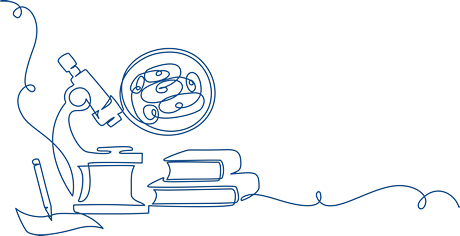Scientific misinformation:
a health risk to be taken seriously

The unintentional dissemination of false or misleading scientific information has major repercussions on individual and public health. Even when shared without malice, it can encourage risky behavior and erode confidence in research, scientific expertise and healthcare institutions.
In personal health, misinformation can lead to ineffective or even dangerous treatments, delaying access to appropriate care. It also contributes to mistrust of vaccines, reducing vaccination rates and exposing people to preventable diseases.
In public health, the adoption of inappropriate care increases the number of serious cases, putting increased pressure on healthcare systems. Low vaccination coverage also favors the emergence of epidemics and puts people with weakened immune systems at risk. This reluctance complicates and hampers efforts to protect everyone’s health.

Four out of ten French people believed at least one scientific untruth in January 2023. The health crisis has accentuated the questioning of science, particularly among 18-24 year-olds. With this in mind, Inserm has taken up the issue.
According to an Ifop survey published on April 13, 2023
60 %
of 18-34 year-olds trust information published on websites and social media in France, compared to 47% of adults of all ages. Misinformation particularly affects young people.
Testimonial
“We have launched the Canal Détox series, which aims to deconstruct false information on health topics such as fasting for cancer or collagen for rejuvenation. This work is crucial in the face of the rumors circulating on the Internet, which can threaten public health. Over 100 Inserm researchers are contributing to this initiative by making their expertise available.”
Priscille Rivière, Deputy Communications Director, responsible for the Canal Détox series.
